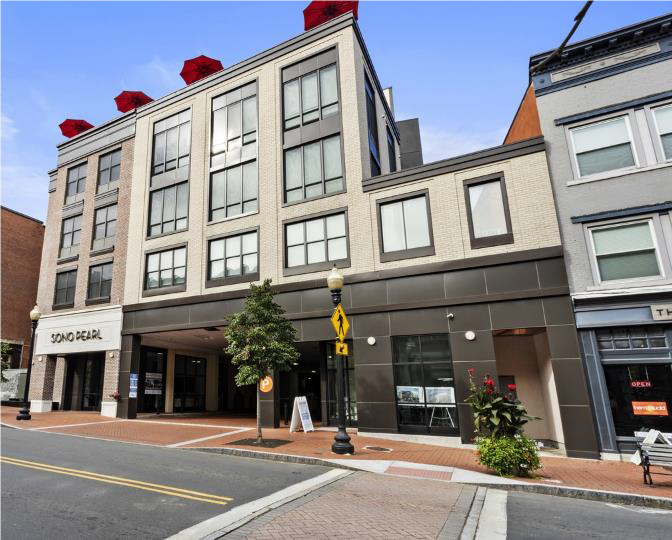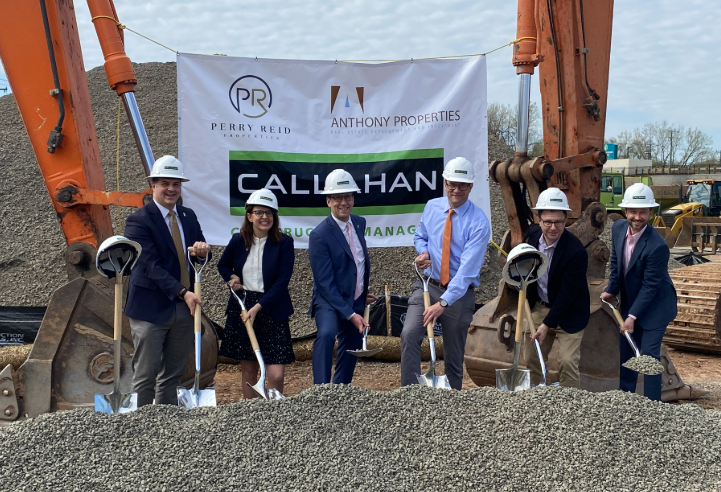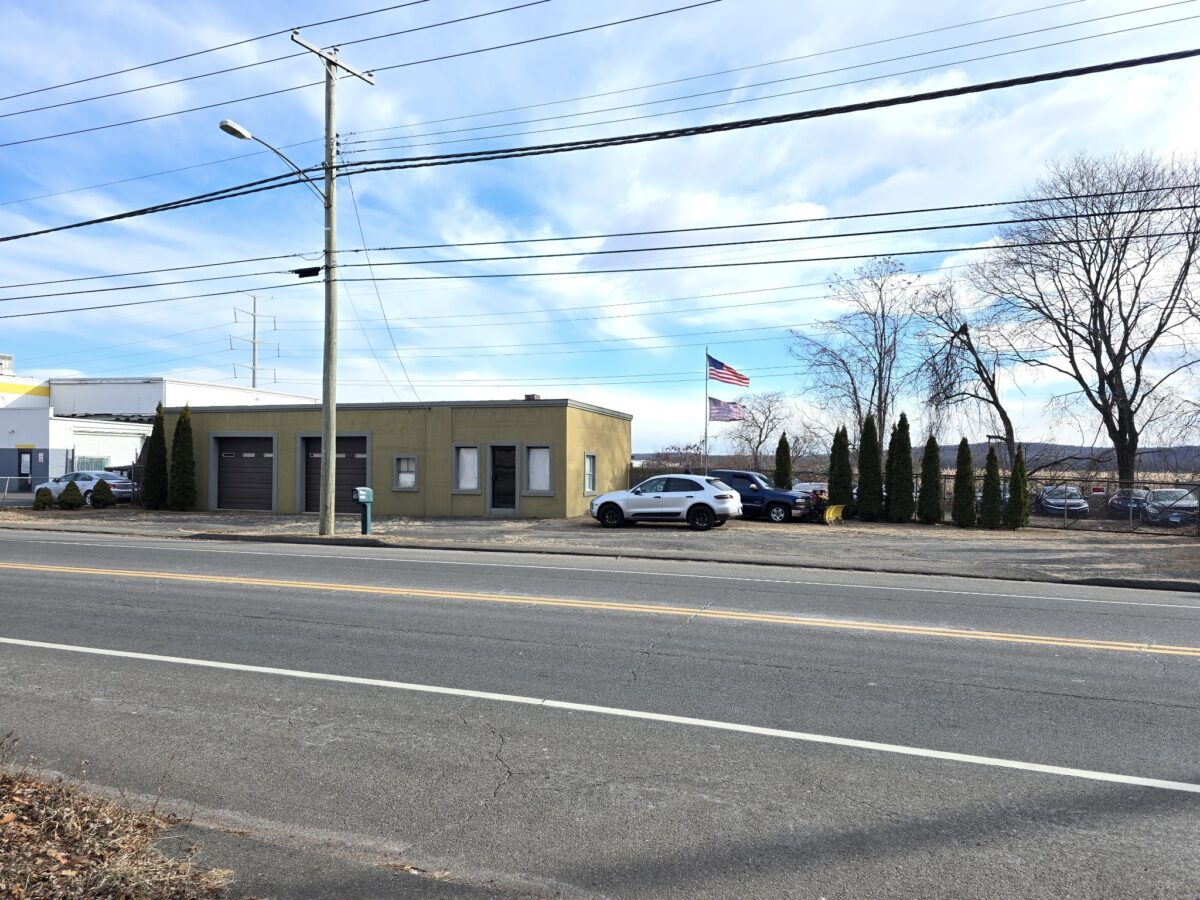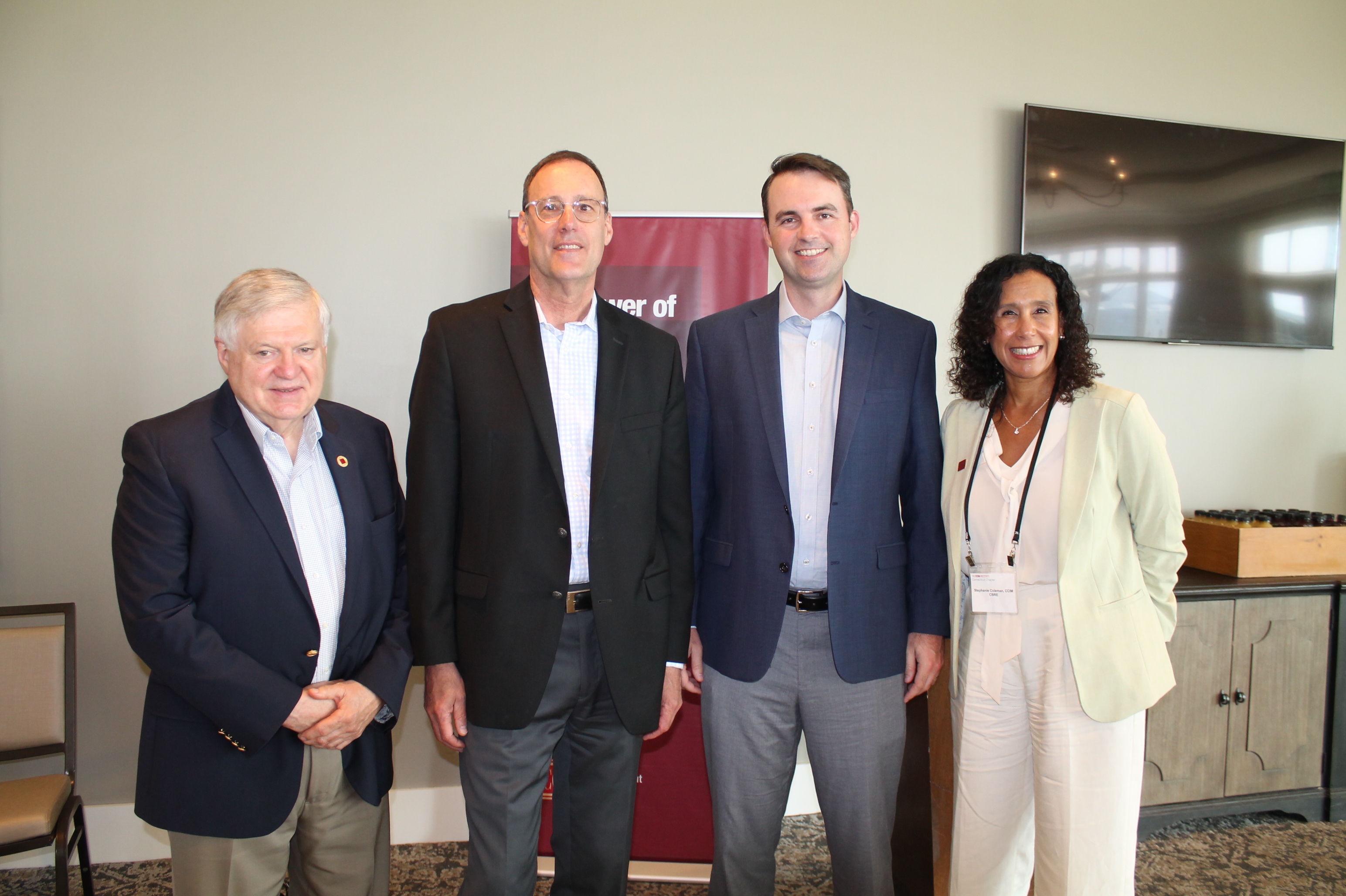News: Connecticut
Posted: March 15, 2013
Who is paying condominium fees and who is not?
For years, condominiums have been part of the suburban and urban landscape. From a land use perspective, concentrated development makes sense. Sharing the costs of common services and maintenance makes sense. Upkeep is a sense of pride and insures the quality and value of the units. However, the very financial industry that supplied the mortgages for these units and who should have a vested interest in maintaining the value of a condominium, are not as interested and have fought the associations when it comes to paying the monthly fee and arguing that the association's priority is a one-time superlien.
In Lake Ridge Condominium Association, Inc. v. Harry Vega, Jr., 55 Conn. L. Rptr. 164, the Connecticut Superior Court recently decided that an association's statutory right to a super lien for six months of unpaid common charges is completely extinguished upon a foreclosing mortgagee's satisfaction of the priority portion of the lien existing at the commencement of a foreclosure action. Although Lake Ridge is not the first case to analyze this issue and come to this conclusion, the state of today's housing market, characterized by high numbers of foreclosures, makes the condominium super lien a very relevant issue, and a pressing one for condominium associations across the state.
The Lake Ridge case is based on Connecticut General Statutes section 47-258(b), which gives the association a lien on a unit for any assessment the association levied against it and associated fines. This lien may be foreclosed as a mortgage is, but it has priority over all other liens except: (a) those recorded prior to the recording of the condominium declaration; (b) liens for real estate taxes and other governmental charges and assessments; (c) first or second mortgages recorded before the assessment became delinquent. Section 47-258(b) establishes a "super priority" lien as against first or second security interests for those assessments that accrued during the six months immediately preceding the commencement of the mortgage foreclosure action.
In Lake Ridge, the court dealt with a second action for unpaid common charges that had been filed by the association. Prior to that action, the bank instituted an action to foreclose on the condominium unit. Subsequently, the association initiated its first action for unpaid common charges against the unit owner naming the bank as a defendant because of its mortgage. The bank ultimately satisfied the judgment for the owner. About six months later, as the bank's mortgage foreclosure action was still pending, the association instituted a second action to foreclose its common charge lien alleging that the common charges on the property continued to go unpaid. The bank argued that they had paid and discharged the priority portion of the lien in the first action, and therefore no new lien prior in right to its mortgage arose. The court decided in favor of the bank, and concluded that the super priority created by section 47-258(b) does not apply again if a subsequent common charge delinquency occurs during the pendency of a first mortgagee's foreclosure.
Simply put, after the mortgagee satisfies the super priority portion of the association's lien, it has no obligation to pay any further liens for common charges as long as the foreclosure action is pending and those common charges can remain unpaid without recourse by the association. Common charges cover lawn care, snow plowing, insurance, painting, repair and maintenance for all units and are necessary to maintain the property value. In the current economic climate, condominium units have not escaped foreclosure actions; but with Lake Ridge the unit owner and bank can escape paying all but the first six months of common charge delinquencies. Associations can no longer afford to bear the burden of the practical effects of these cases. Putting the burden on the owners within the association to underwrite and maintain the value of the defaulting unit and protecting the bank's collateral, without contribution from the bank or unit owner, is inequitable to the association and renders condominiums an exceptionally risky investment.
This inequitable problem has not gone unnoticed. The Connecticut General Assembly reportedly intends to address this growing problem. Because condominiums are an integral part of the real estate market and provides for higher density development, with a variety of land use efficiencies, these communities should be protected and associations should not be penalized by the risk of a defaulting owner. Without legislative change, the lender's collateral could irretrievably suffer a loss in value to not just the lender but to the association and the entire community. The future of condominiums as a land use alternative in Connecticut could be jeopardized.
Ann Catino is chair and Amanda Brosy is an attorney in the Environmental and Land Use Practice Group at Halloran & Sage, Hartford, Conn.
Tags:
Connecticut
MORE FROM Connecticut
Highcap Group brokers $41.1 million sale of two building multifamily portfolio
Norwalk, CT Highcap Group has completed the sale of two luxury multifamily properties with a total of 120 units for a combined purchase price of $41.4 million.

Quick Hits







.png)